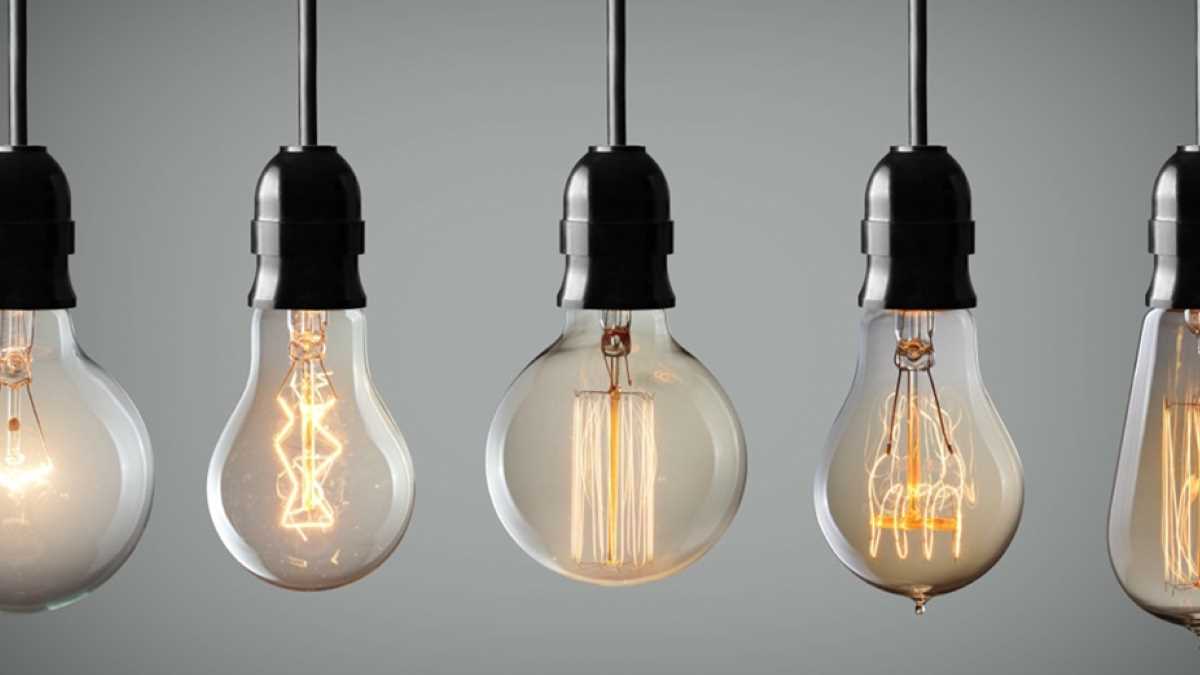By fast-tracking the development of recent gas discoveries, accelerating exploration activities and maximizing gas exploitation, South Africa has an opportunity to reduce blackouts across the country
JOHANNESBURG, South Africa, July 19, 2022/APO Group/ —
While South Africa’s energy crisis continues to worsen with state utility Eskom intensifying the implementation of load shedding; maximizing the exploitation of the country’s gas reserves is key to ensuring energy security, affordability and reliability.
In addition to stabilizing energy supply, the optimization of the gas sector provides an opportunity for Africa’s second-largest economy to attract massive investments required to drive economic expansion through employment creation, GDP growth and industrialization.
However, various challenges, including unjustified energy transition-related litigations against hydrocarbon development, weak technical solutions, underdeveloped gas infrastructure, delays in gas project rollout, policy gaps and inadequate investments in exploration and production continue to hinder South Africa’s gas market from reaching its full potential, plunging the country’s energy sector into turmoil.
As litigation continues to scare away investments, with the country halting massive oil and gas investments of up to R1 billion within a period of less than two months – according to energy regulator Petroleum Agency SA – a major energy crisis is on the horizon for South Africa. In addition to this, major player ExxonMobil is also exiting the market, exacerbating the need to fast-track upstream production investments and activities in a major way.
“Our view is that natural gas will be part of the transition, and yet we are told that all fossil fuels are bad. Africa must position its oil and gas at the forefront of global energy. When we commit to net zero, we do so with the reality that energy can guarantee economic growth and industrialisation. The way forward is for Africa to make the most of its existing and applicable resources. The African continent must develop new technology and strategies to ensure it continues to develop its resources,” South African Minerals and Energy Minister, Gwede Mantashe, said during the opening ceremony of African Energy Week (AEW) last year.
There is a vital and urgent need for the country to ease regulation and create an enabling environment for oil and gas projects to take off
The African Energy Chamber (AEC), as the voice of the African energy sector, strongly believes that South Africa’s solution to addressing its current and looming energy problems is gas.
The Chamber is calling upon the South African government and energy market stakeholders to speed up the development of recent discoveries, including TotalEnergies’ Brulpadda and Luiperd projects, to generate additional energy capacity for security while also pushing forward exploration activities and infrastructure development across the upstream, midstream and downstream sectors.
“South Africa’s vast gas resources provide an opportunity to boost declining power generation and there is a vital and urgent need for the country to ease regulation and create an enabling environment for oil and gas projects to take off,” says NJ Ayuk, Executive Chairman of the AEC.
By easing regulation and replicating oil and gas environmental sustainability best practices such as those implemented in Mozambique and Namibia where massive gas projects such as the Graff, Venus, Coral Floating Liquefied Natural Gas (LNG), Area 1 LNG Trains 1 & 2 and the Area 4 LNG Trains 1 & 2 are being fast-forwarded for energy security, South Africa has an opportunity to attract investments required to curb its energy problems by leveraging domestic energy resources.
TotalEnergies’ planned $3 billion investment to bring up to 2.1 trillion cubic feet (tcf) of gas from the Luiperd and 1.3 tcf of gas from the Brulpadda projects on the market by 2027 is a step in the right direction.
“The best way for South Africa to get rid of load shedding in the long term is by optimizing the development and exploitation of its 60 tcf of gas reserves offshore and about 200 tcf that are onshore starting with TotalEnergies’ Brulpadda and Luiperd discoveries, while also creating an enabling environment for firms including major Shell to expand exploration activities,” Ayuk continues, adding that “Renewables, including solar and wind, remain expensive for ordinary people and will not provide the baseload power which South Africa requires to address its growing energy crisis. We believe a resilient energy mix in South Africa is one that encompasses more coal and gas.”
In this regard, AEC’s African Energy Week (AEW), Africa’s premier event for the oil and gas sector, which will take place from 18 – 21 October, 2022 in Cape Town, will host the country’s energy market stakeholders, policymakers and both regional and international energy companies and investors to discuss the role of gas in stabilizing South Africa’s energy production and supply.
AEW 2022 will host panel discussions and high-level meetings on the important role of indigenous gas in helping both South Africa and Africa as a whole to mitigate high energy prices and chronic shortages resulting from geopolitical tensions, and fast-track industrialization, manufacturing and accelerating job creation.
Distributed by APO Group on behalf of African Energy Week (AEW).
